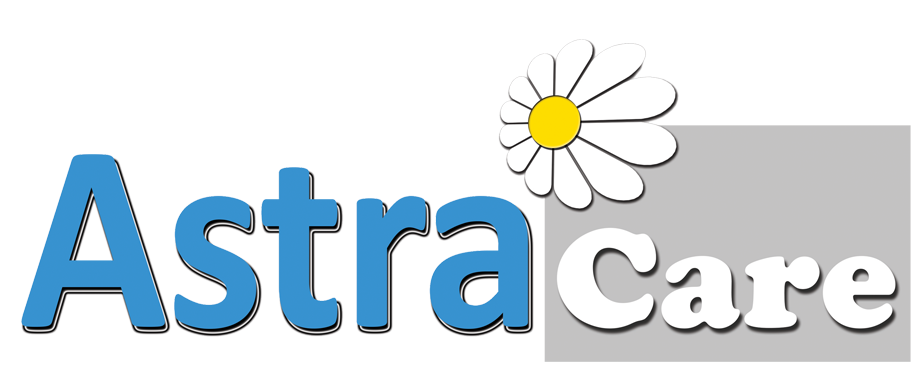Feeding Tube Care

Feeding Tube Care A feeding tube delivers nutrition directly into the stomach when a person experiences difficulties with eating and swallowing. The nutrition provided through the feeding tube typically consists of canned nutritional formulas, which vary based on the person’s age and medical condition. Additionally, there are “Real Food” diets available as meal replacements. These pureed meals made from real food can be used if a person can digest real food but should replace only 1-2 cans of supplemental diet daily. Feeding tubes ensure that daily nutritional requirements are digested and absorbed directly into the GI tract. Managing tube feeding requires a skilled nurse due to the potential for severe complications if not adequately trained or licensed. Therefore, before administering any liquid or puree into the feeding tube, it is imperative to ensure the feeding tube is still safely positioned in the stomach. An AstraCare-trained professional will ensure you understand how to safely check the tube’s placement. Once it is confirmed that the feeding tube is safely positioned, rinsing the tube with water clears any old sediment or debris and prepares it for the next feeding cycle. AstraCare’s skilled team will help the patient and their loved ones manage tube feedings safely and independently at home. An Astracare Professional Will Observe For Any Of The Following Complications A feeding tube clog is the most common complication to occur; reasons including a small-bore feeding tube, slow administration rate, sticky sediment that can accumulate inside the tube, as well as improper administration of mediations through the tube. AstraCare’s trained professionals will teach you how to safely clear the clog or will notify your doctor if needed. The most serious complication can be “Failure to Thrive” and the doctor should be notified immediately. Feeding tube clogs Bleeding or infection at the tube insertion site Nausea, vomiting, diarrhea Gastric Reflux and/or regurgitation Gastric leakage Tube feeding intolerance




